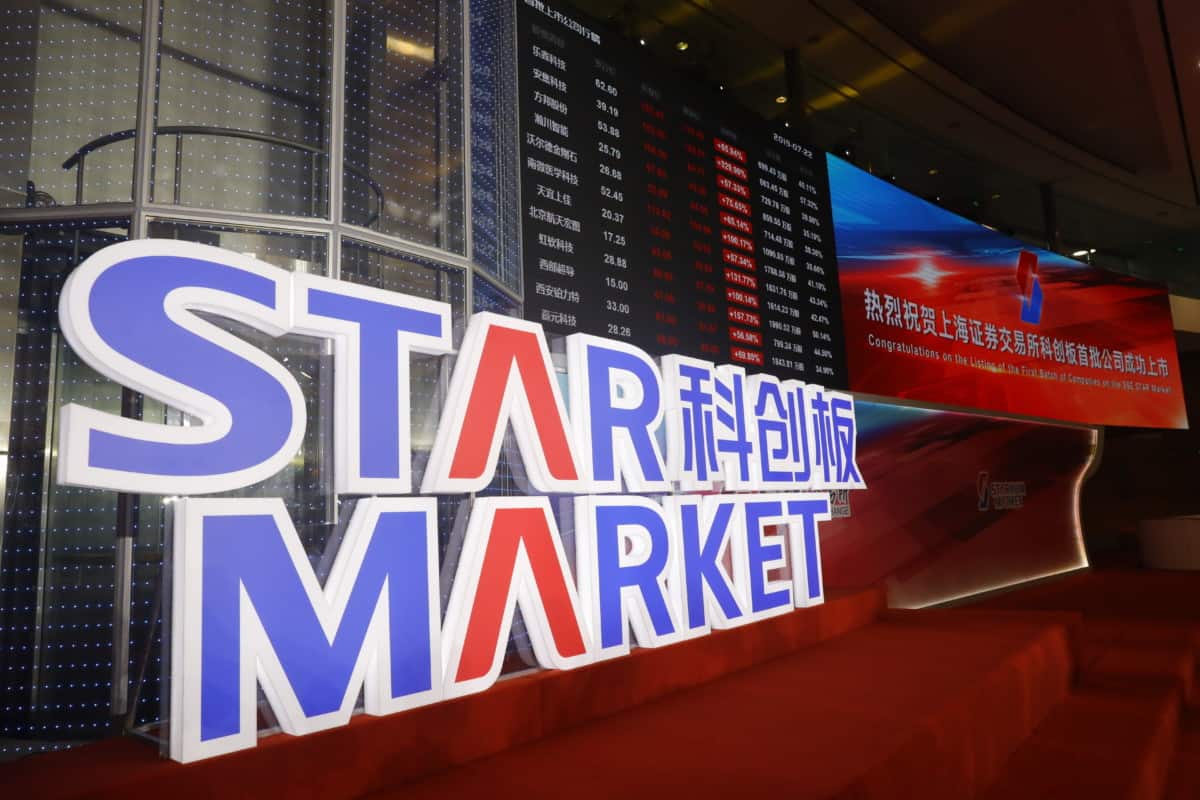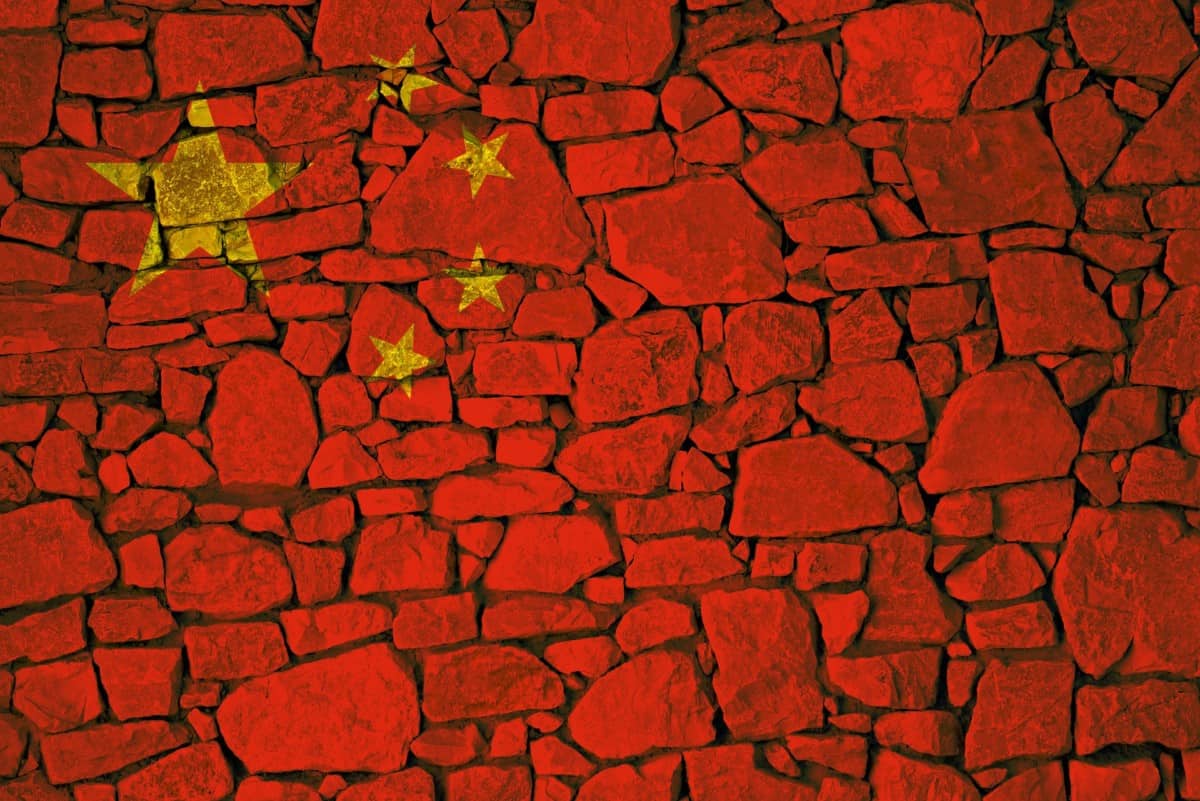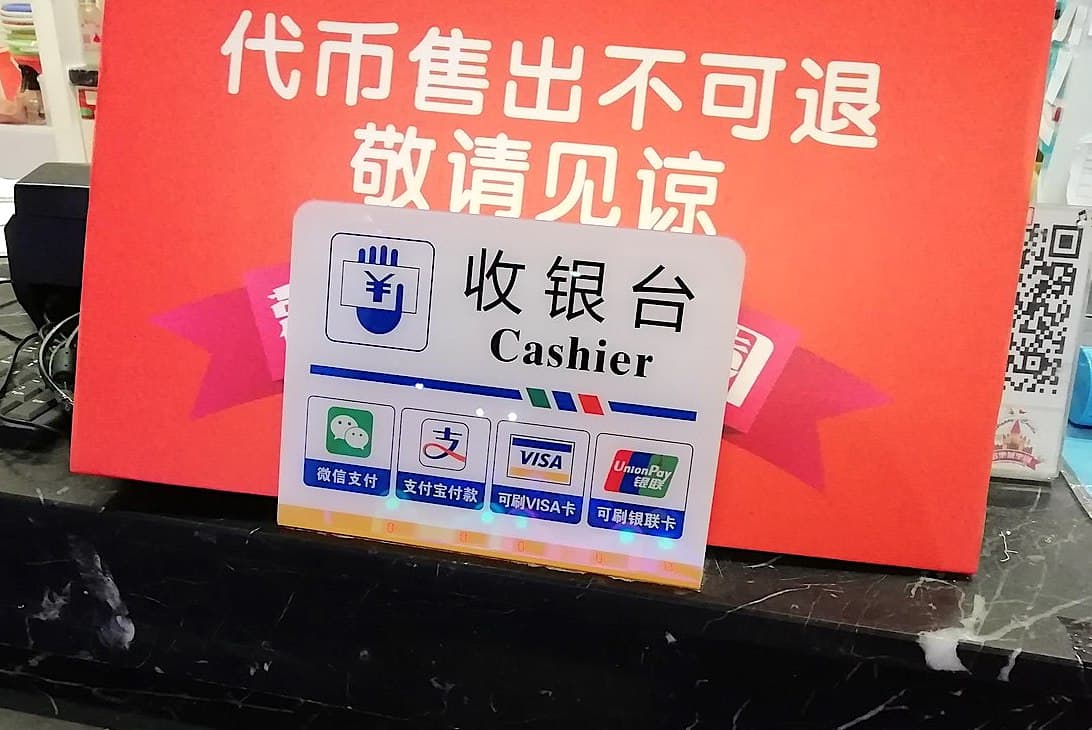Good evening. When Steve Bannon was arrested earlier this month, there was one detail in the news stories that may have caught your attention: authorities arrested him aboard a superyacht owned by Guo Wengui, an exiled Chinese billionaire. What were Bannon and Guo up to? Our cover story this week takes you on board and below deck for Bannon’s summer bromance. Elsewhere this issue, we’re diving into a small internet change that China’s censors weren’t about to miss; an interview with Barbara Demick about what Tibetans today think about China; and the highly anticipated Ant Group IPO, including an in-depth look at Shanghai’s STAR Market. If you’re not already a paid subscriber to The Wire, please sign up here.
Want this emailed directly to your inbox? Sign up to receive our free newsletter.

Burning Man
Steve Bannon was having a good summer aboard Guo Wengui’s yacht. With the Trump administration seemingly listening, the political strategist and his host, an exiled Chinese billionaire, smoked cigars as they poured fuel onto their anti-Chinese Communist Party fire. “Just myself and Miles,” Bannon said in July, referring to Guo’s other name, Miles Kwok. “He’s doing his thing. I’m doing my thing. … it’s just been terrific.” Where did this bromance come from? And, perhaps more importantly, now that Bannon has been arrested and it’s been reported that Guo is under investigation, can it survive? Andrew Goldman talked to Bannon to find out.

Credit: Imaginechina via AP Images
The Big Picture: A Rising Star
This week, Ant Group — China’s financial technology behemoth and the world’s most valuable private company — filed for a dual listing in Shanghai and Hong Kong. The move represents a coup for the mainland’s stock markets. The IPO, which will take place on the Hong Kong Stock Exchange and a new Shanghai Stock Exchange board called the STAR Market, could raise as much as $30 billion and value Ant at more than $200 billion. But what is the STAR Market, and what explains its rapid growth? In this week’s infographics, we introduce you to the new exchange and its companies.
A Q&A With Barbara Demick

Barbara Demick is an American journalist known for her narrative nonfiction books, including Nothing to Envy: Ordinary Lives in North Korea and her new release, Eat the Buddha: Life and Death in a Tibetan Town. In this week’s interview with The Wire’s Katrina Northrop, she discusses the Chinese government’s policy towards Tibet and the future of the Tibetan community in China and abroad.
Barbara Demick
Illustration by Kate Copeland

Security Rift
For internet users across the world, the new HTTPS encryption allows greater data security when browsing and ensures that no one can eavesdrop on private communications. But, as Katrina Northrop reports, for Chinese government censors, the new encryption mechanism makes it harder to identify their population’s internet activity, which then prevents them from restricting access to websites that they deem to be politically sensitive, like Facebook, Twitter, and the New York Times. So, in July, they blocked it, marking a significant step in the global internet’s bifurcation.

Credit: Shwangtianyuan, Creative Commons
China’s U-Turn on Fintech Firms Hasn’t Slowed Them Down
For a brief window from 2013 to 2016, China’s government encouraged its private tech firms to enter finance and take on outdated state-owned banks. It mostly reversed those policies in the years since, but financial technology, or “fintech,” companies like Ant Group have still thrived; indeed, Ant is now worth significantly more than Goldman Sachs and Morgan Stanley combined in terms of market capitalization. While China’s fintech firms have a formidable niche, authorities have been remarkably successful in ensuring that China’s state-banks still dominate the financial system. In this week’s column, The Wire‘s Martin Chorzempa explains how they did it.
Subscribe today for unlimited access, starting at only $19 a month.



